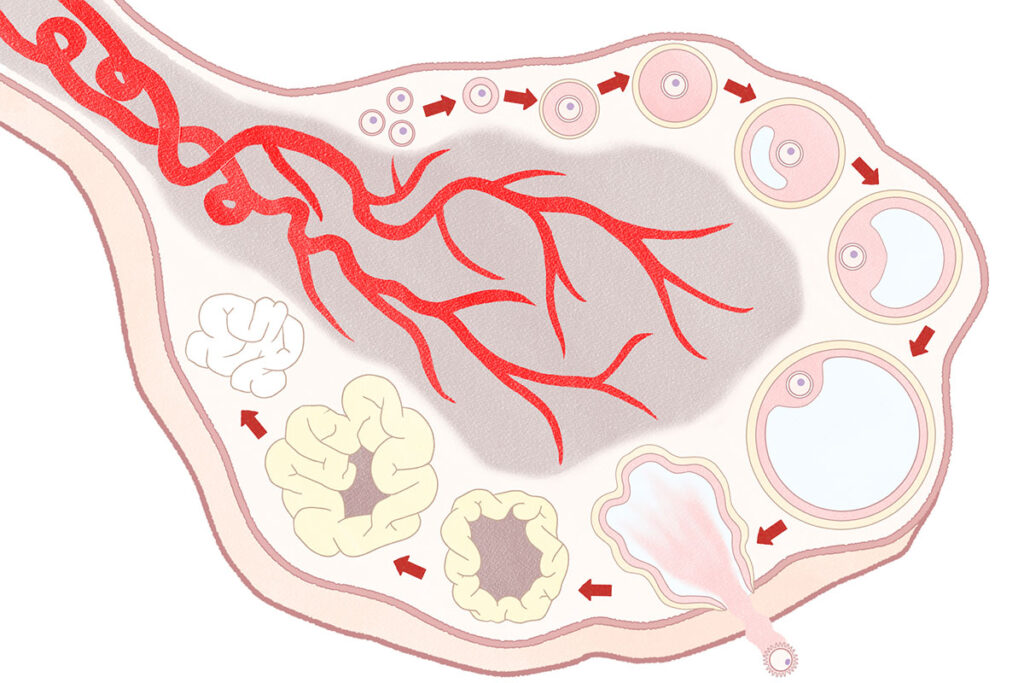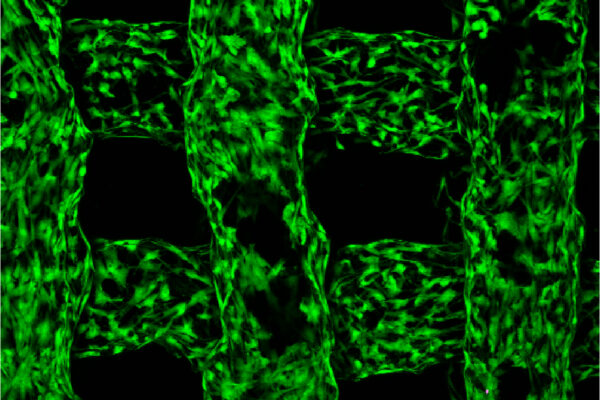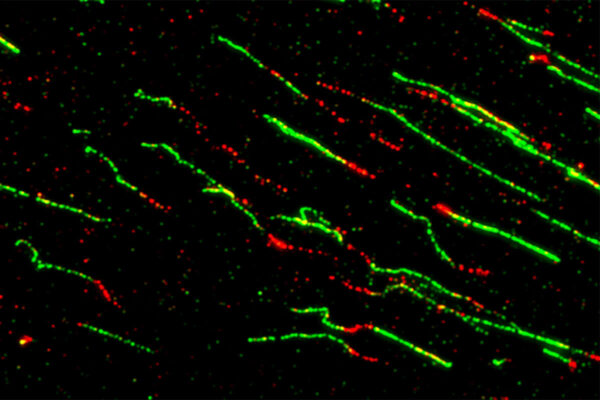
During a woman’s reproductive years, ovarian follicles containing an immature egg are recruited monthly for growth and development while others stay on reserve for years or even decades. Yet researchers aren’t clear how this selection is made. More information about the selection process could lead to a new understanding of infertility in women due to polycystic ovary syndrome or to developing new options for patients experiencing infertility due to cancer treatment or aging.
With a five-year $630,000 CAREER Award from the National Science Foundation, Alexandra Rutz, an assistant professor of biomedical engineering in the McKelvey School of Engineering at Washington University in St. Louis, plans to take a mechanobiology approach to shed light on this process by investigating how the dynamic stiffness of the microenvironment of ovarian follicles determines which are selected for growth.
CAREER awards support junior faculty who model the role of teacher-scholar through outstanding research, excellence in education and the integration of education and research within the context of the mission of their organization. At least one-third of current McKelvey Engineering faculty have received the award.
Read more on the McKelvey Engineering website.


